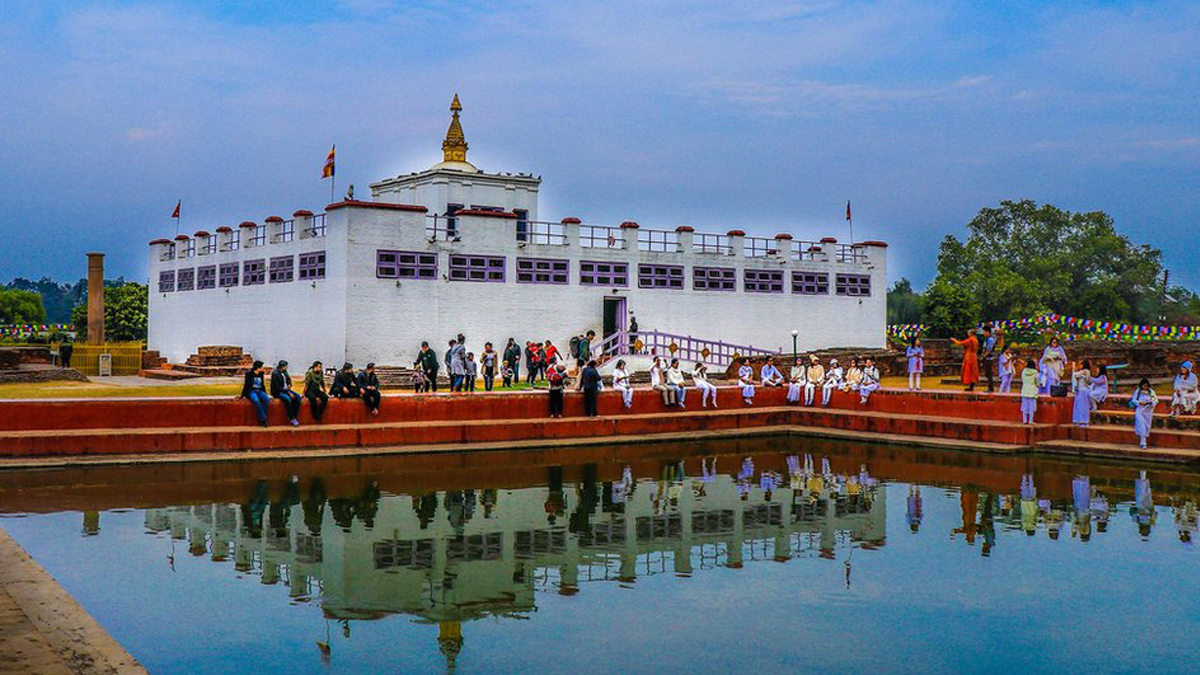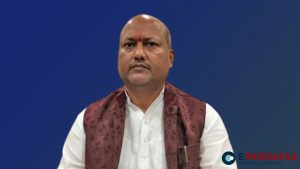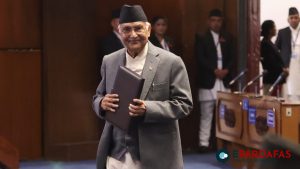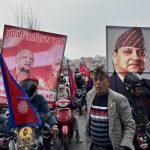
Chinese Diplomatic Pressure Alters Schedule of International Summit in Nepal
The 4th International Laureates and Leaders’ Summit, originally scheduled to span from March 10 to 12 in Lumbini, the birthplace of Gautama Buddha, has faced alterations in response to diplomatic pressures from China.
Initially slated to commence on March 10, which coincides with the Tibetan Uprising Day, the event encountered a reduction in duration and a shift in dates, purportedly due to exertions from the Chinese Embassy in Nepal. Sources suggest that Ambassador Chen Song played an active role in advocating for these modifications.
March 10 holds significance for China as it marks the anniversary of the Tibetan rebellion against Chinese rule, observed by Tibetans outside China as ‘Tibetan Uprising Day’. Concerns arose within the Chinese establishment regarding the perceived alignment of the summit with the interests of Western countries and sympathy towards Tibetans, prompting the decision to curtail the program by one day.
Under the stewardship of Lumbini’s chief minister, Dilli Chaudhary, and with coordination from Foreign Minister NP Saud, preparations for the summit were underway. However, following discussions prompted by Chinese intervention, the program was rescheduled to take place solely on March 11 and 12.
Nirajan Ghimire, spokesperson for the Lumbini state government, clarified the adjustments, stating, “Initially, it was planned for three days. However, to alleviate confusion, we have issued a notice indicating the program will occur on March 28 and 29, specifically March 11 and 12, with March 10 designated for arrivals.”
Sources indicate that Ambassador Chen Song engaged in discussions at a high level, liaising with Prime Minister Pushpa Kamal Dahal ‘Prachanda’, Nepali Congress Chairman Sher Bahadur Deuba, and other key figures. Subsequent to their consensus, the program was deferred by a day.
The summit, coordinated by Nobel Peace Prize laureate Kailash Satyarthi of India, is expected to host 100 international guests alongside 100 participants from Nepal. Among the esteemed attendees are Nobel laureates, dignitaries, and renowned figures such as Prince Ali bin Al Hussein of Jordan, economist Jeffrey Sachs, Lorena Castillo García de Varela, Martin Chungong, and Stefan Löfven.
The Chinese apprehension initially stemmed from speculation surrounding the potential attendance of Tibetan spiritual leader Dalai Lama. Upon confirmation of his absence, China intensified its efforts, leading to the rescheduling of the summit. An informed government official emphasized, “Given the sensitivity of Nepal-China relations, any discourse or demonstrations related to Tibet during the March 10 program prompted the rescheduling decision.”













Comments